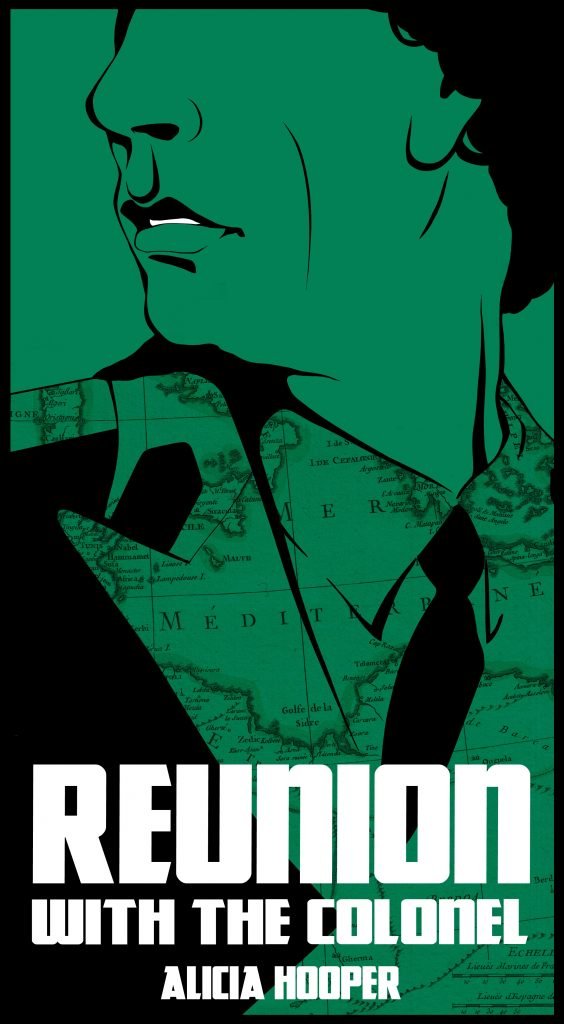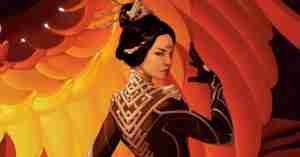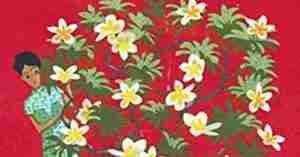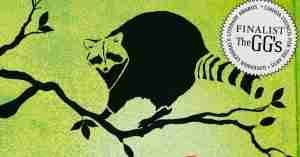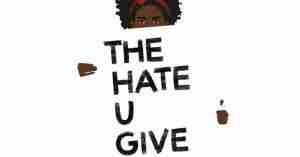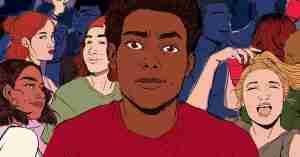
With Alicia Hooper
Aisha La Rosa is stained by history. Born to parents expelled from Libya after the 1969 Libyan coup d’état, her identification between conflicting national boundaries torments her in a Europe haunted by political violence.
Alicia Hooper has some experience traveling, and living in, the Middle East. Tell us a little bit about those places.
I lived and worked in the Republic of Georgia, in one of the most poverty stricken areas. Living in the developing world is a very unique experience. It influenced the way that I understand people that live there. The everyday problems that come with living in poverty is so much different when you see it firsthand. As you know, the book is set in Libya but I’ve never been to Libya. The place that is most like Libya, that I’ve seen, is Qatar. It was absolutely breath-taking.
How did visiting there influence your writing?
I found that visiting these places gave me a before and after picture of how I thought about the Middle East. Before, I had the same preconceptions as other people. We tend to have either negative preconceptions, or romanticized ones. I found that once I lived there and was able to break away from that, it opened my eyes to what was really going on there. And their ability to cope with various problems. I noticed that in Geogria, and the surrounding areas, people have a strong connection to their region and cultural identity. You see the world differently and it’s very important that people go to unusual places and become exposed to different narratives.
Your book takes us back to the Libyan coup in 1969. This event forces your protagonist’s family to leave Libya. Can you explain what happened in 1969?
In Libyan history, there were a number of events that led up to, and influenced, the coup. At the time, the leadership in place was a monarchy. The discovery of oil in 1959 made the king rich because the oil industry was booming; however, the people were still poor. In turn, this caused a group of military rebels called The Free Officer’s Movement to stage a coup d’état. Their goal was to take over the country and bring a more Arab mindset, to create a utopia. Libya was an Italian colony, so this caused a problem for approximately 20,000 Italians that lived there, who were expelled.
In light of this, would call the book a work of post-colonialism?
That thought did come across my mind, but I wouldn’t consider myself a post-colonialist because I don’t have the subtle consciousness that Libyans would. My job isn’t to give an artistic, Libyan commentary. Rather, I wanted to cover more historical aspects of the region.
Aisha returns to Libya in 1986 with an agenda to rehabilitate her nation’s negative image. She races across the sands in search of a country that no longer exists. How does she plan on doing that?
She returns with a notebook, it’s one of her central items. Her goal is to keep a journal about Libyan history. She wants to see if Libya is the terrorist state that everyone thinks, but she also wants to change that image. She wants people to imagine Libya without Gaddafi.
Why did you decide to write a book that centers around this historic figure, Muamar Gaddafi?
It was largely because of my post grad work in university. As I studied dictators, I noticed that Gadaffi was being made fun of in the media. I thought that he should be looked at in more complex ways, while ruling his country.
How much research went into this book?
There was a lot of research! I found it to be intimidating at first. It’s hard to find credible sources. At first, what I found wasn’t reliable. There was tons of anti-Muslim material. Then, I read a number of biographies on Gadaffi. After that, I read scholarly journals. I also found a few history books on Librya. I read Gadaffi’s book, even though it’s a bad book. It gives quite a bit of insight into the way that he thinks. There is also quite a bit of visual history available, especially from the 1970s and 80s. I have a couple Libyan friends that were able to provide me with important details about daily life. While traveling in Georgia, I sought first-hand knowledge, so I went to a few mosques to learn about Islam.
Reunion with the Colonel is the first book in a trilogy, with a second currently in the works.
Alicia Hooper’s book, Reunion with the Colonel is available now on Amazon.
